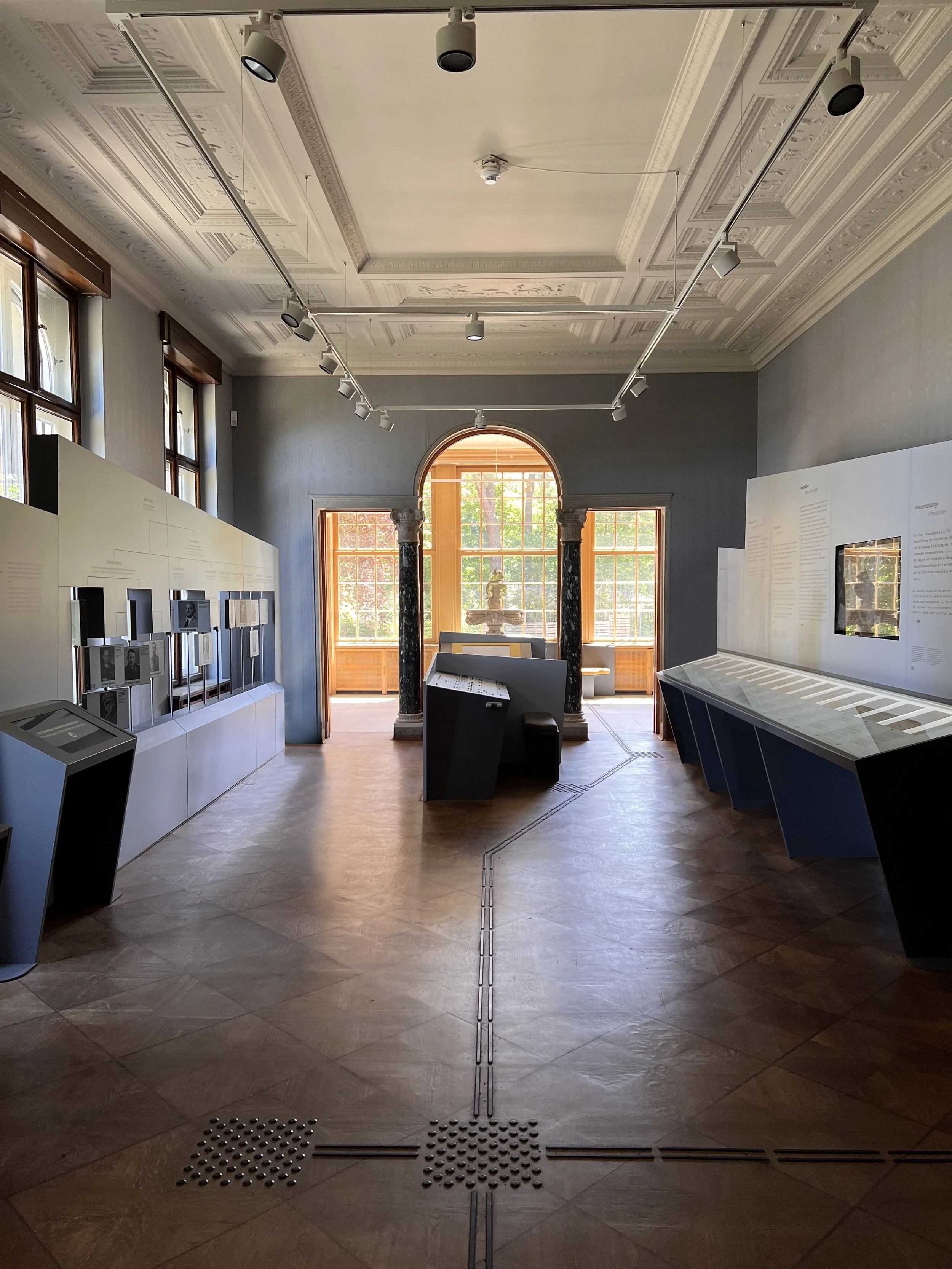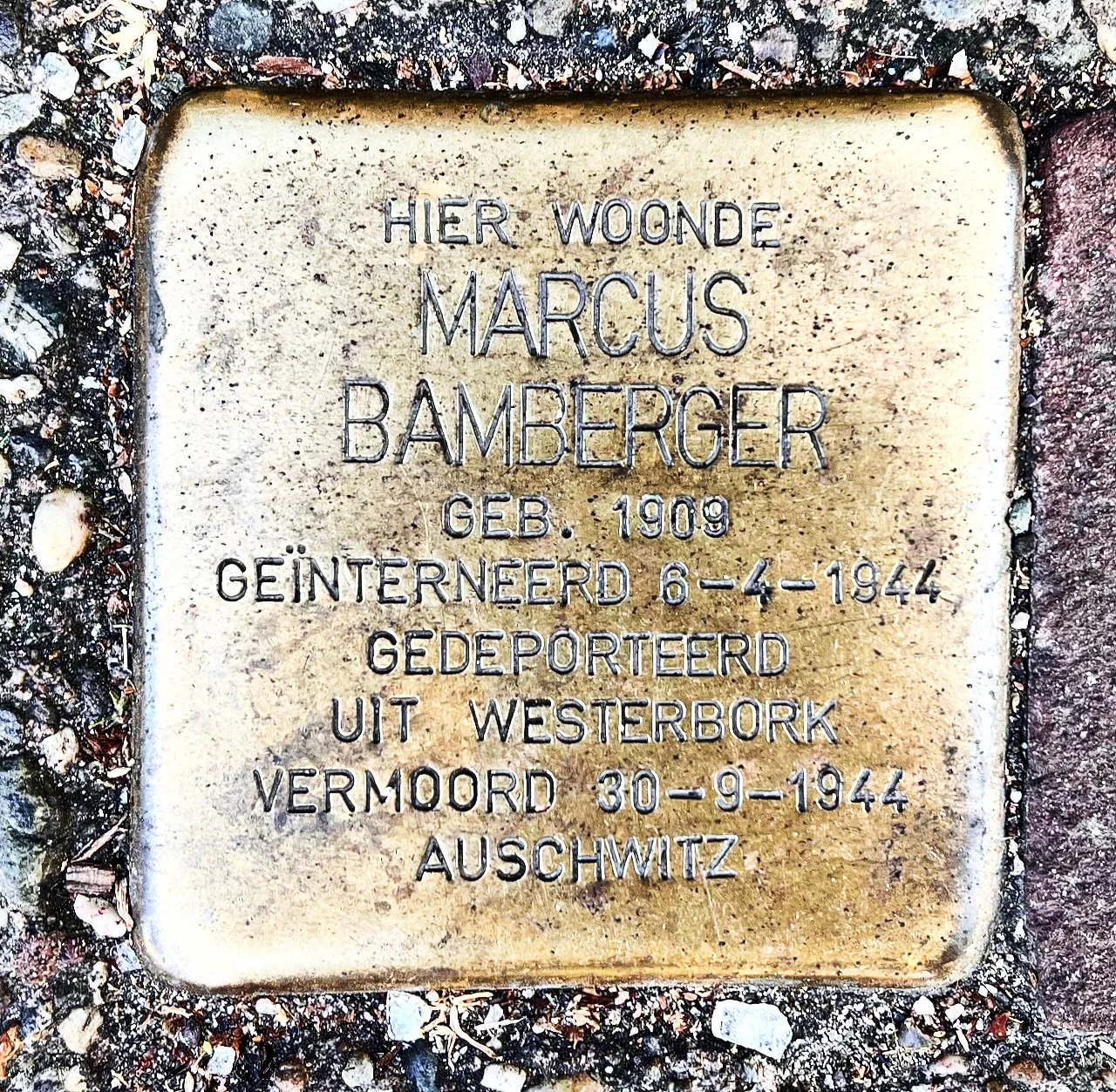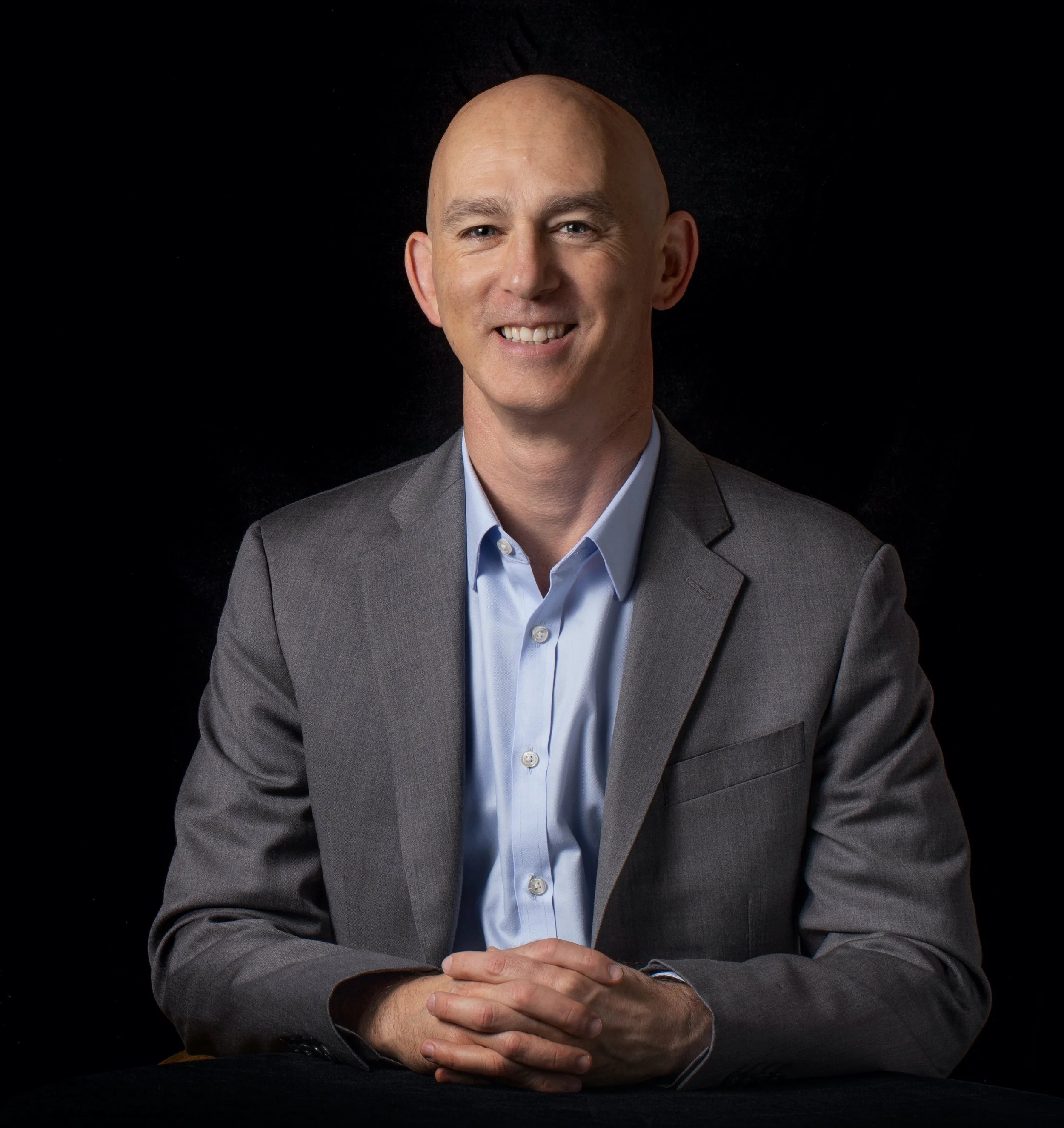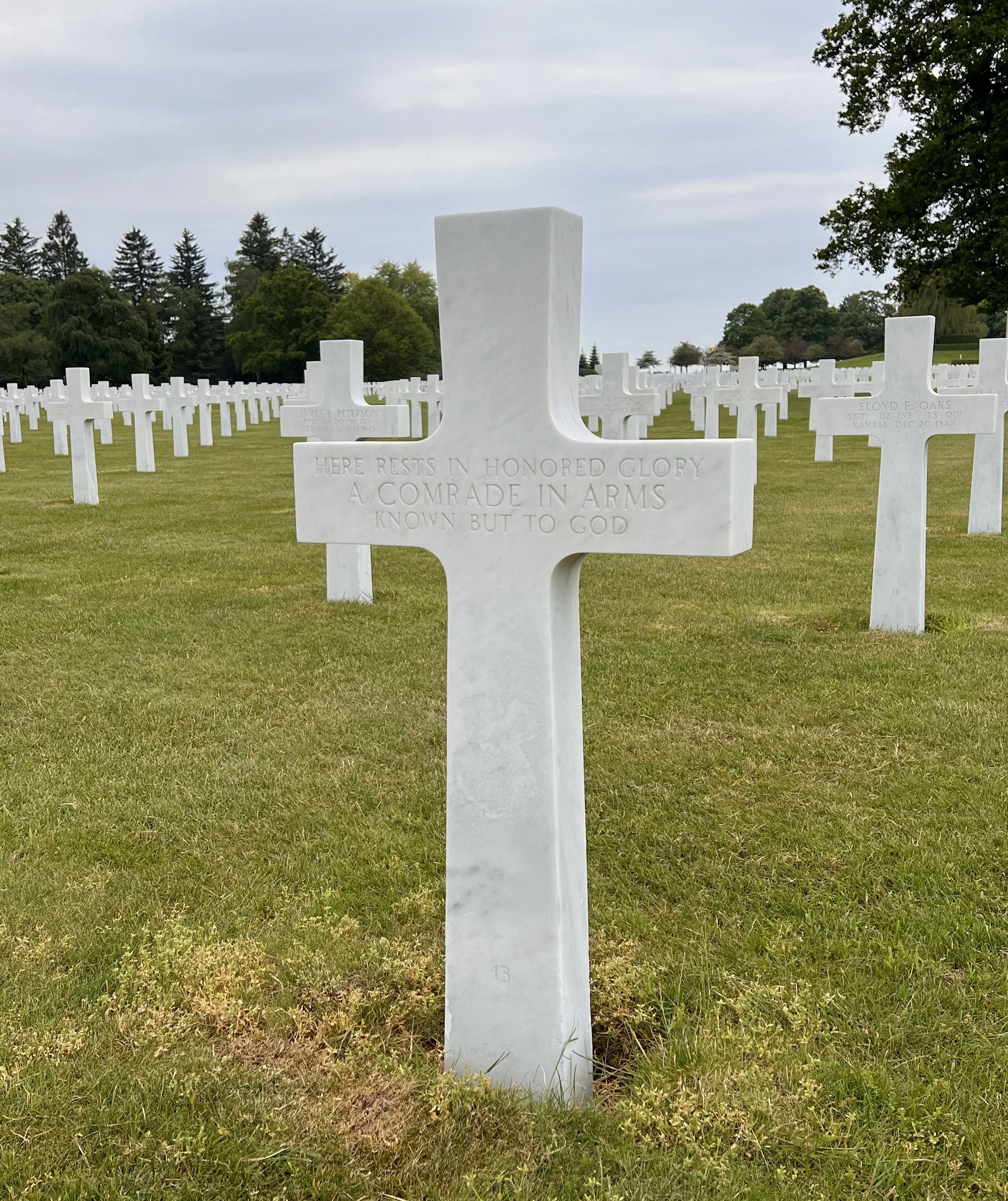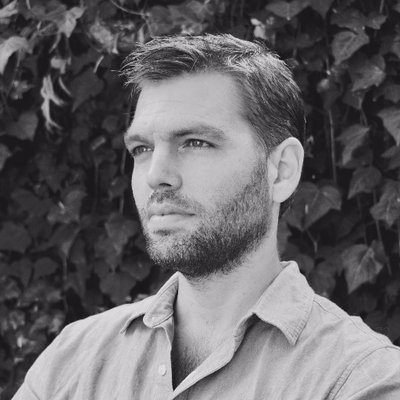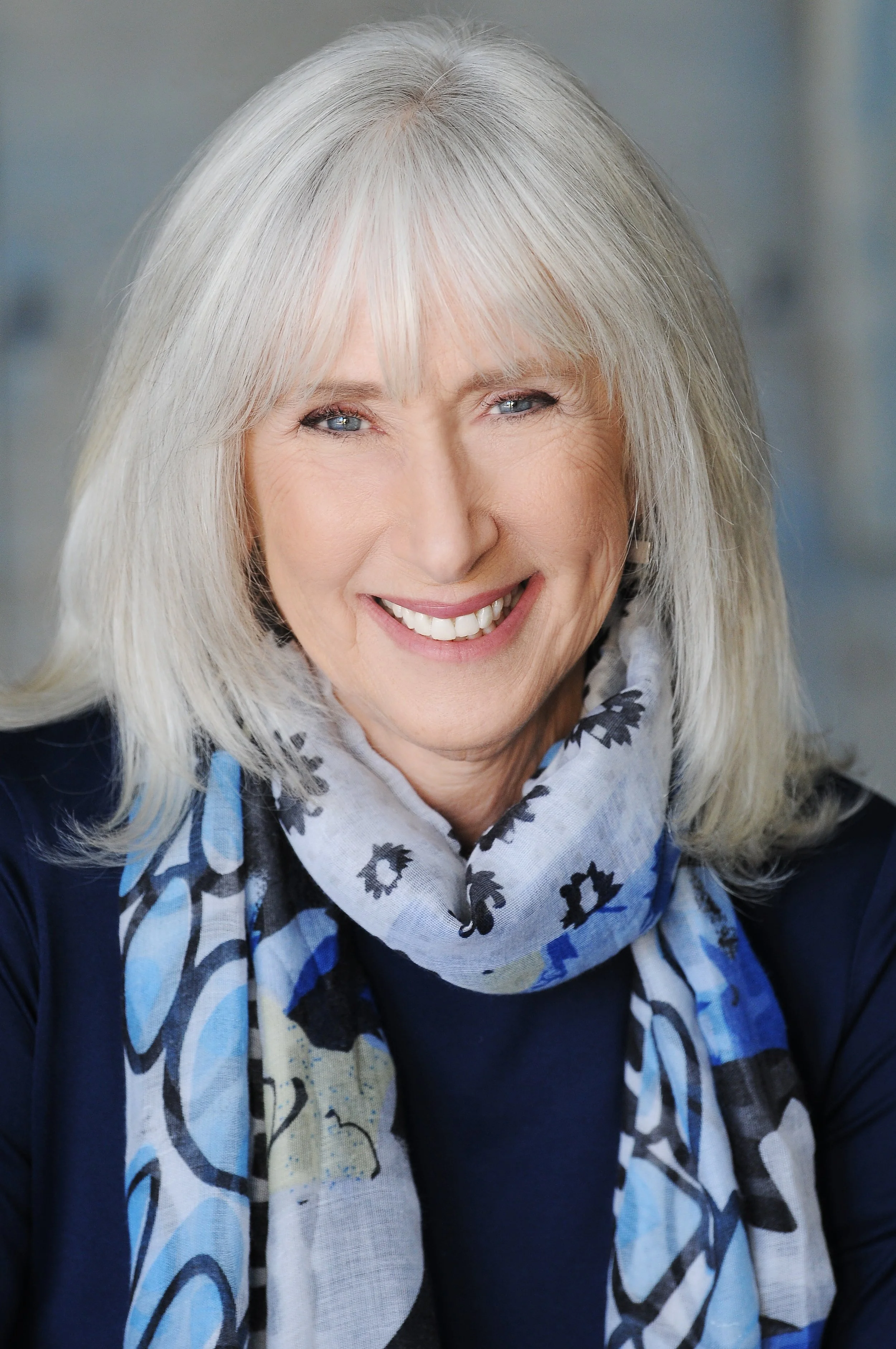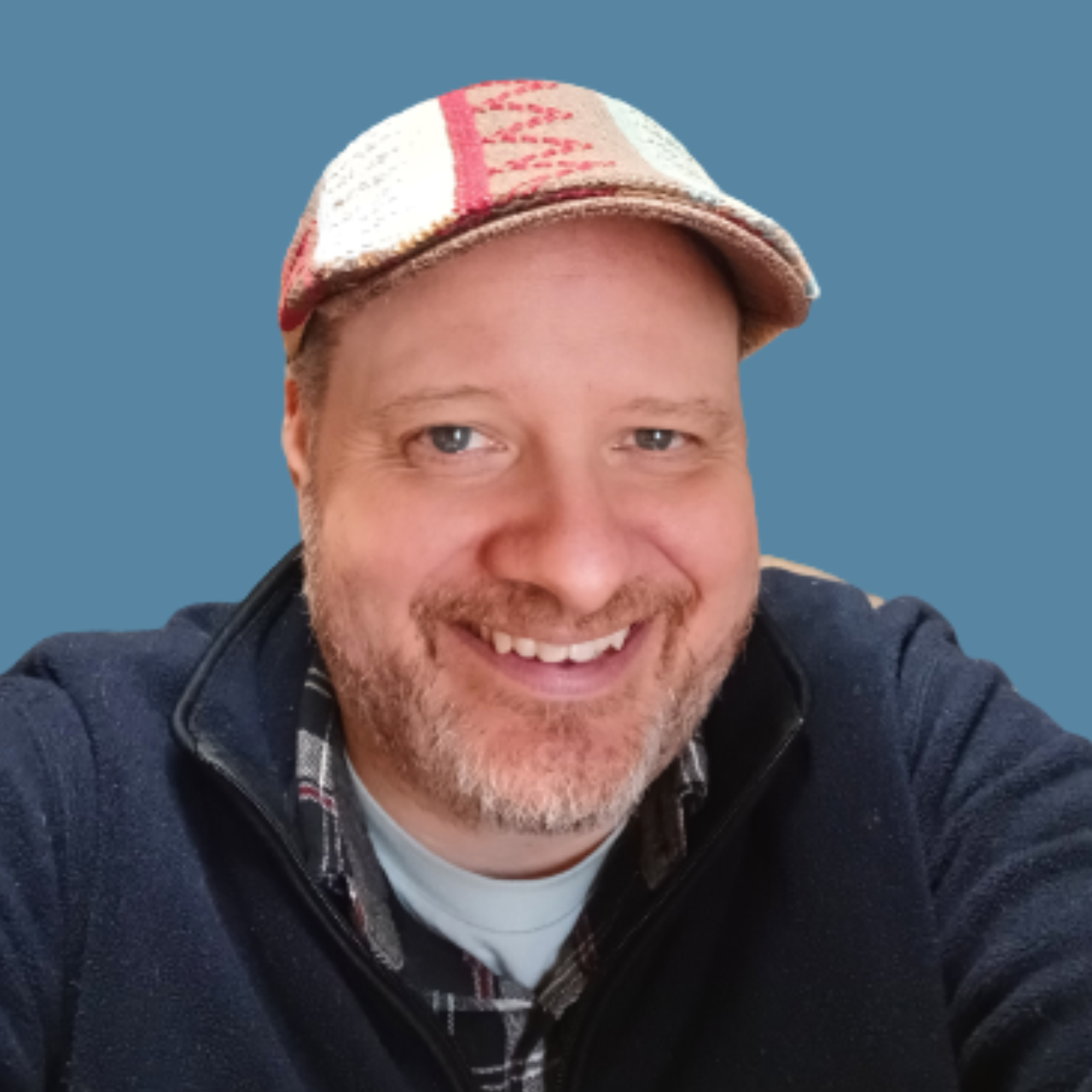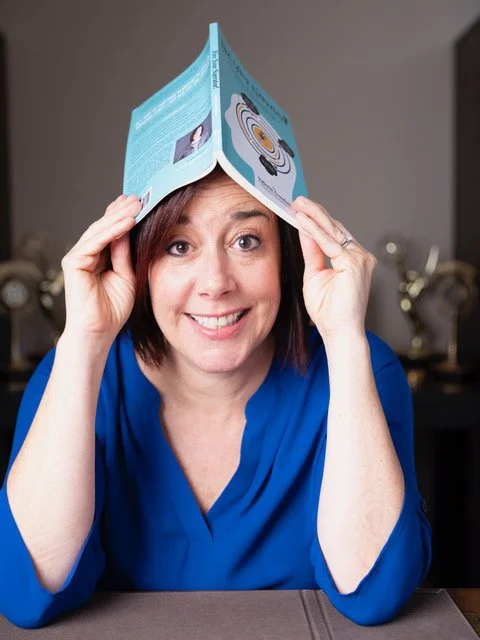Doug Peacock, a Vietnam veteran and wilderness enthusiast, returned from the war to witness the devastating effects of industrialization and destruction in the American West. This experience motivated him to protect and preserve the wilderness, leading to a lifelong commitment to environmental activism.
Read MoreIn Part 3 of my series, “What I Learned During My Summer Vacation,” I travel to Wannsee, Germany, a suburb of Berlin, where on January 20, 1942, 15 high-ranking Nazis gathered in a villa to resolve various aspects of the “final solution of the Jewish problem.”
Read MoreIn this episode, lifelong educator Steve Miletto EdD and I use the book Rocket Boys by Homer H. Hickam Jr. to discuss student agency: student voice and choice about what and how they want to learn.
Read MoreIn this episode, Matthew Berger, the Executive Director of the Foundation Combating Anti-Semitism, discusses the work performed by the Foundation to Combat Antisemitism (FCAS), which Robert Kraft launched in 2019. FCAS aims to raise awareness about antisemitism and build alliances to fight Jewish hate through various strategies, including advertising, education, and symbolizing support through the Blue Square campaign.
Read MoreKevin and Sue Harter began their journey of operating an inn more than 25 years ago. Life intervened, and it wasn’t until the summer of 2019, that they took the leap when they made an impulsive visit to the inn that had been Norman Rockwell’s former home and studio in Arlington, VT. From the moment they drove over the covered bridge, they knew they were about to write their next chapter. By the end of 2019, they became Vermonters and renamed the property “Rockwell’s Retreat.”
Read MoreIn this episode, I trace the mental and physical journey I recently traveled in the Netherlands to grasp the murder of 102,000 Dutch Jews during WWII at the hands of the Nazis. I wanted to move beyond the number and get to the human beings. The larger mental issue I faced was confronting the remnants of hate I saw and how they drove me toward hate.
Read MoreMost of the time, when anyone talks about reforming education to meet the demands of the 21st century, we look at grades K-12. But my guest in this episode, Mike Magee, President of Minerva University, worked with others to completely redesign the role and operation of higher education. Listen to find out why Minerva University was ranked “the most innovative university in the world.”
Read MoreRenée Smith is the founder and CEO of A Human Workplace, a global movement, and consultancy committed to making work more human. Renée and I discussed her journey into organizational development and why she started her organization, A Human Workplace, which aims to eliminate fear in the workplace. In this episode, we focus on the antidote to fear in the workplace: love.
Read MoreRenée Smith is the founder and CEO of A Human Workplace, a global movement, and consultancy committed to making work more human. Renée and I discussed her journey into organizational development and why she started her organization, A Human Workplace, which aims to eliminate fear in the workplace. In this episode, we focus on how and why fear shows up at work.
Read MoreThe Calamity of the Battle for the Hurtgen Forest In this episode, I detail aspects of a recent tour of World War II’s Hurtgen Forest battlefield on the border between Belgium and Germany. It was the site of the longest battle ever fought by the U.S. Army and one of its worst – if not the worst – defeats. There are lessons to be learned here for today’s leaders and us.
Read MoreKirk Wallace Johnson is the author of The Fishermen and the Dragon: Fear, Greed, and a Fight for Justice on the Gulf Coast, The Feather Thief: Beauty, Obsession, and the Natural History Heist of the Century, and To Be a Friend is Fatal: the Fight to Save the Iraqis America Left Behind, which covers his efforts on behalf of Iraqi refugees as the founder of the List Project to Resettle Iraqi Allies.
Read MoreBernard Beitman, M.D. is the first psychiatrist since Carl Jung to systematize the study of coincidences. In this episode, we explore meaningful coincidences – synchronicity and serendipity: how we can spot them, leverage them, and benefit from them.
Read MoreIn this episode, Joanne Greene, author of By Accident: A Memoir of Letting Go, shares the story of her life before and after a traumatic accident where she was hit by a car while crossing the street.
Read MoreMark Reid, a former lawyer with a background in martial arts and Japanese, started the Zen Sammich podcast on mindfulness and Zen philosophy. In this episode, we discuss his Zen practices, including focusing on objects and doing kind things for patience, and his interest in nature and other cultures.
Read MoreWhat’s your decision-making process? Think things through in your head? Go with your gut? A combination. Guest Jennifer Jane Young helps us explore and rely on our intuition.
Read MoreIf there is an area of study that epitomizes human curiosity, it may just be space exploration because space exploration – as planetary scientist Dr. Alan Stern explained – can help answer the critical scientific questions of how and when our solar system was formed and whether our home in the Universe is unique.
Read MoreValerie Gordon is a 10-time Emmy-winning television producer with over 20 years of producing and overseeing award-winning content. She knows what makes a story meaningful and memorable and the incredible power of stories to engage, educate and entertain. And she’s detailed how we can tell a healthier personal story – and overcome our inner narrator – in her highly readable book, FIRE YOUR NARRATOR: A Storyteller’s Guide to Getting Out of Your Head and Into Your Life.
Read MoreHal Herring is an award-winning journalist and contributing editor at Field and Stream magazine. He is also the host of the Backcountry Hunters and Anglers Podcast and Blast. In this episode, we discuss a number of environmental issues.
Read MoreThis episode unwraps a 3-minute and 30-second piece entitled “The Night Window” that Thomas Newman scored for the film “1917.” It comes at a particularly dramatic point in the film. Helping us understand the music, the dramatic point in the film it supports, and the genius of film scoring is Jeanine Cowen, the chair and professor of practice of the Screen Scoring department at the University of Southern California.
Read MoreRick Locke is a great example of someone who literally had to look at life from a different angle. While he was losing his central vision due to macular degeneration, he could still see out of the corner of his eye. And that, as it turns out, was the lens through which he could see – and share – a whole new world of wonder.
Read More
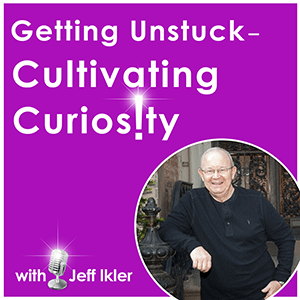 Curiosity sits at the intersection of creativity, effective human interactions, problem-solving and purposeful change. Unfortunately, the pace of life — at home, work, and school — often sidetracks our natural curiosity. So, listen as we look at the familiar from a different angle or something new as a possibility to consider.
Curiosity sits at the intersection of creativity, effective human interactions, problem-solving and purposeful change. Unfortunately, the pace of life — at home, work, and school — often sidetracks our natural curiosity. So, listen as we look at the familiar from a different angle or something new as a possibility to consider.

